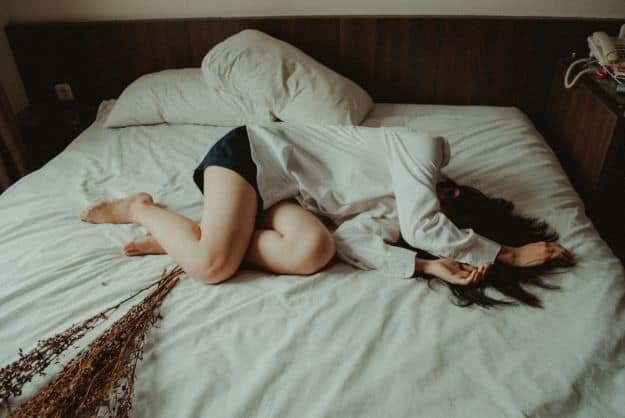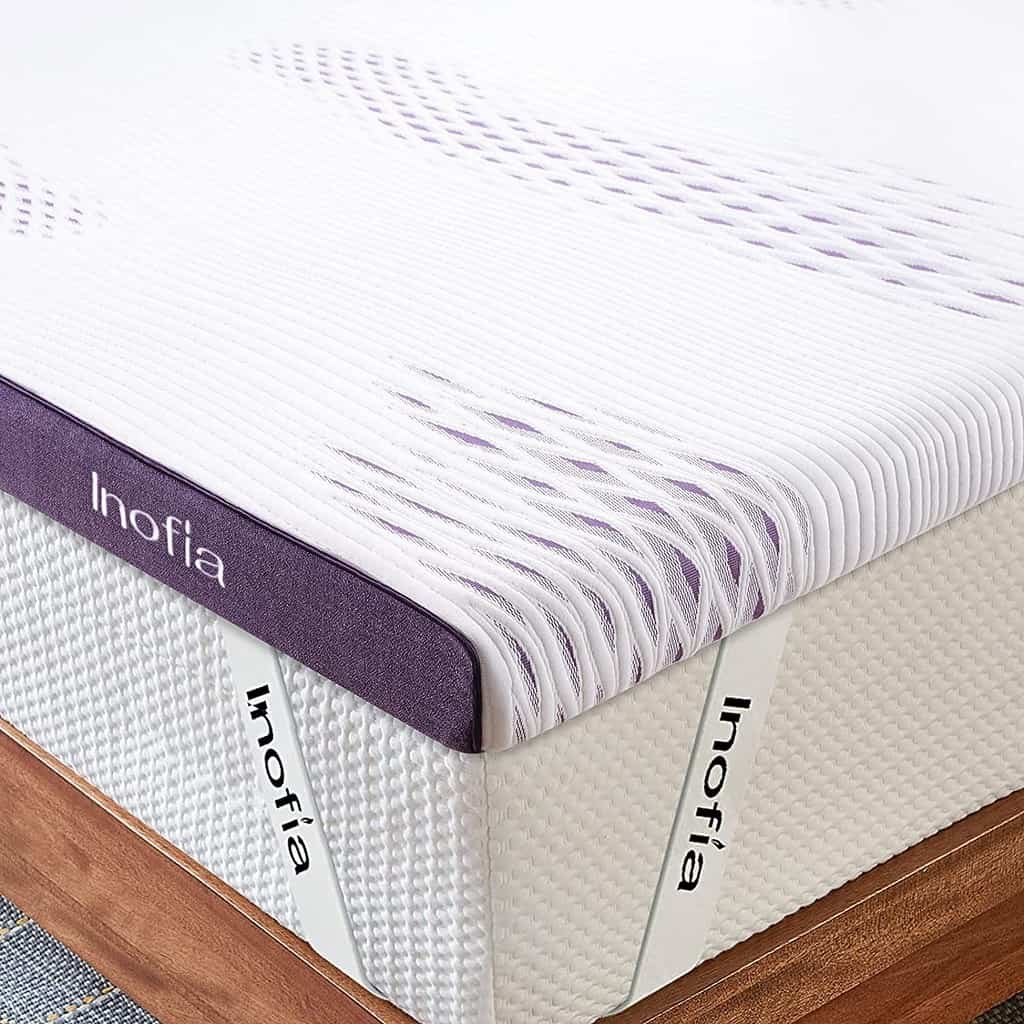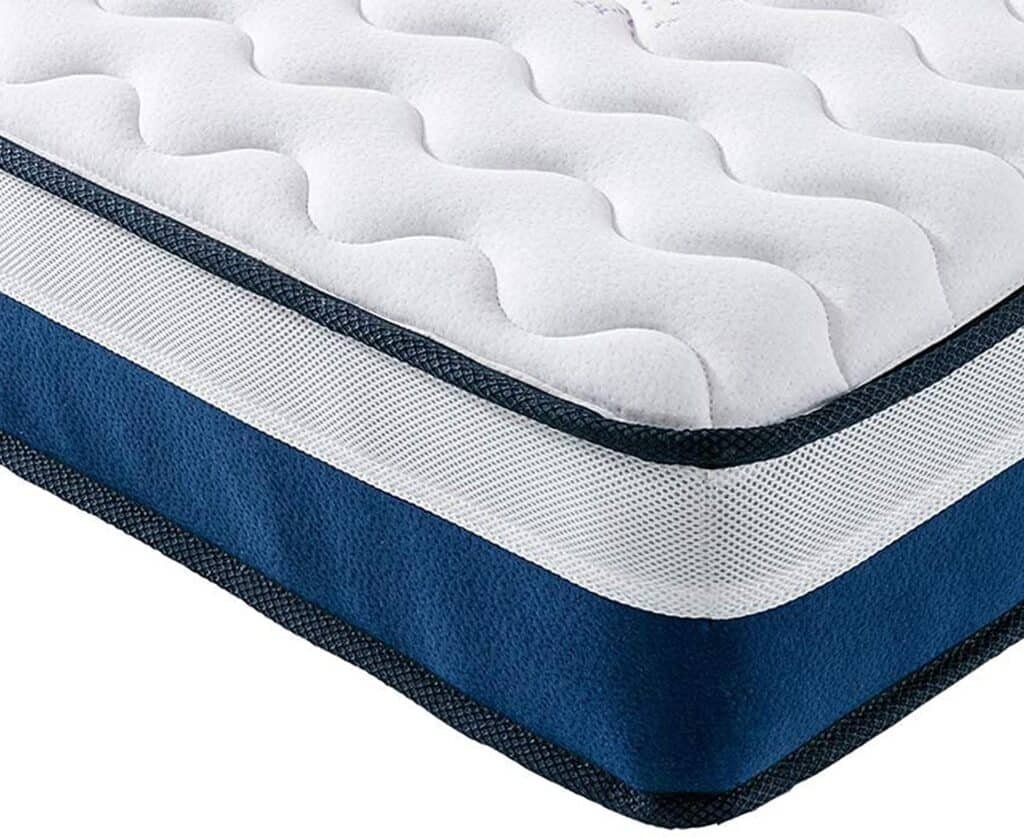Why Does Aging Affect Sleep?
You’ve probably noticed that your sleep patterns change as you age. If you’re in your 40s or 50s and still sleeping like a baby, kudos! But if you’re in your 60s or 70s and having trouble getting quality sleep at night, don’t worry: It’s perfectly normal.
While many things can cause poor sleep for all ages—stress, too much caffeine or alcohol before bedtime—there are some specific reasons ageing affects the quality of your nightly slumber. As we get older, our bodies begin to change in ways that affect our sleep patterns—and it’s not just our minds that suffer from these changes. Our bodies undergo physical changes, too, so many seniors report having trouble sleeping.
The body produces fewer hormones as it ages
Hormones are chemical messengers that are essential for normal growth and development. They regulate energy balance and body temperature, among many other functions. The endocrine system is a gland network that produces hormones to control these bodily processes. As you age, your body produces fewer hormones.
The largest gland in the endocrine system is the pituitary gland in the brain, which secretes various hormones to regulate different parts of the body (like growth or reproduction). Other major endocrine glands include the thyroid, parathyroid, adrenal glands (which secrete cortisol), pancreas (which releases insulin into your bloodstream), ovaries or testes (for sex-related hormones).
The body’s energy needs to change as we age
As you age, the body’s energy needs to change. This is due to decreased muscle mass, bone density, hormone production, and metabolism. Many factors can affect how much energy your body requires—the more active you are, the greater your need for calories. Your size also plays a role: larger bodies tend to have higher metabolic needs than smaller ones because they contain more cells and tissues that require nourishment to function correctly.
So what does this mean for sleep? Well, suppose you’re feeling tired during the day despite getting plenty of sleep at night (and vice versa). In that case, it’s possible that something else could be going wrong with your body’s natural processes—like its ability to absorb nutrients efficiently from food into its cells or burn them off as heat or other forms of energy usage during resting periods like nighttime relaxing slumber time!
Changes in sleep patterns are common with age
It’s common for older adults to need less sleep. This is because they tend to wake up earlier and more often during the night, making it difficult to get a whole night of uninterrupted sleep. Also, older people tend to wake up more easily than younger people, so loud noises that wouldn’t bother someone in their 20s might be enough to disturb an older person.
These changes in sleep patterns may also be due to health issues that affect your ability to fall or stay asleep well—things like arthritis pain or high blood pressure. If these conditions affect your ability to rest well at night, talk with your doctor about treatment options (such as medication) that could help improve your quality of life by allowing you to sleep better each day.
Ageing can lead to health conditions that disrupt sleep
Many medical conditions can disrupt sleep. These include:
- Restless legs syndrome – Restless legs syndrome is a condition that causes an irresistible urge to move your legs. This can happen when you’re lying down or sitting for long periods. The movement often happens because of an uncomfortable sensation in the legs, such as crawling, tingling, or pulling. The condition can make it difficult to fall asleep or stay asleep, leading to fatigue during the day. There are treatments available for restless legs syndrome, so if you think you might have the condition, talk to your doctor.
- Narcolepsy – Narcolepsy is a sleep disorder that causes you to fall asleep suddenly and unexpectedly during the day. You may also have other symptoms like sleep paralysis (when you can’t move your body briefly after waking up) or hallucinations. Narcolepsy can be treated with medication, so talk to your doctor if you think you might have the condition.
- Insomnia – Insomnia is a sleep disorder that makes it hard to fall asleep, stay asleep, or both. As a result, people with insomnia often feel tired during the day. Insomnia has many possible causes, including stress, anxiety, depression, and medical conditions. If you have chronic insomnia (insomnia that lasts for more than a month), it’s essential to see your doctor. They can help you find the underlying cause of your insomnia and treat it.
- Night terrors – Night terrors are a type of sleep disorder that causes you to wake up suddenly in terror. You may scream, yell, or thrash around. You may also have sleep paralysis when you can’t move your body briefly after waking up. After a night of terror, you may not remember what happened. Night terrors are most common in children but can also occur in adults. There is no treatment for night terrors, but they usually go away alone. If you have night terrors, create a safe environment so you don’t hurt yourself during an episode.
Medications prescribed for older adults can interfere with sleep
Medications prescribed for older adults can interfere with sleep. Many medicines, including antidepressants and painkillers, can cause drowsiness, nightmares, or insomnia.
Here are some of the most common medications that can interfere with sleep:
- Antidepressants
- Painkillers
- Blood pressure medication
- Asthma inhalers
- Parkinson’s disease medication
Talk to your doctor if you take these medications and have trouble sleeping. They may be able to adjust your dosage or switch you to a different medication. Poor sleep can worsen the symptoms of Alzheimer’s disease and other forms of dementia. Alzheimer’s disease is a form of dementia that affects memory and cognitive function. The disease begins with mild symptoms, but they get worse over time. It’s the most common form of dementia, affecting more people than any other form of dementia.
Alzheimer’s disease causes problems with memory, thinking, and behaviour, as well as changes in personality and mood. It slowly worsens because Alzheimer’s damages brain cells, making it harder for those affected to perform everyday tasks or carry on conversations. Over time, Alzheimer’s can lead to severe changes in daily life, such as not remembering how to use essential household appliances like a microwave oven or stovetop burner (called “functional decline”). Alzheimer’s disease can also impact sleep. Poor sleep can worsen the symptoms of Alzheimer’s, and people with Alzheimer’s are more likely to have sleep problems. Therefore, anyone caring for someone with Alzheimer’s should ensure enough sleep and create a good sleep environment for the person with Alzheimer’s.
Some older adults may experience sleep apnea
For some older adults, sleep apnea can be a significant problem. Sleep apnea is a severe condition that temporarily causes your breathing to stop during sleep. If you or someone you know experiences frequent pauses in breath during the night and wakes up gasping for air, they may have this sleeping disorder. People with moderate to severe sleep apnea may not realize it because they don’t remember waking up between breaths. They also might not feel refreshed when they wake up because of interrupted breathing throughout the night.
Sleep apnea can lead to health problems such as high blood pressure, heart disease, and stroke. It can also make concentrating hard during the day and increase the risk of car accidents. It’s not uncommon for sleep apnea to go undiagnosed in older adults. The main symptom — loud snoring — is often chalked up to old age. If you or someone you know has sleep apnea, you must take it seriously and see a doctor. Sleep apnea can be treated, and treatment can improve the quality of your sleep and overall health.
Older adults are more likely to take naps during the day
Napping is an excellent way to get rest and recharge your batteries. For older adults, it’s imperative to nap during the day because they tend to struggle with sleep at night. If you’re having trouble sleeping at night, try taking a nap during the day instead. If you can’t take naps during the day (or if you’d rather not), try taking a break during your lunch hour or when you’re tired. Get some fresh air and take time for yourself—you’ll be surprised how much better you’ll feel! However, remember that those naps will make sleeping harder at night. So, if you have trouble sleeping, avoid napping or limit your naps to 30 minutes or less.
Older adults often have trouble sleeping through the night
Many older adults have trouble sleeping through the night. They may wake up frequently to use the bathroom or have difficulty staying asleep. This can be a significant problem because it can lead to fatigue and daytime sleepiness.
There are a few things you can do to help yourself sleep better at night:
- Establish a regular sleep schedule and stick to it as much as possible.
- Create a comfortable sleep environment in a dark, quiet, cool room.
- Avoid caffeine and alcohol before bed.
- Get up and move around during the day to help keep your energy levels up.
- Practice relaxation techniques before bedtime.
The problem of insomnia becomes more common as we age. So, improving your sleep is essential if you’re having trouble. Otherwise, you may find yourself feeling tired and cranky during the day.
Life stressors can keep us up at night
As we age, we may have more to worry about. We may be caring for ageing parents, dealing with financial problems or losing a loved one. All of these things can lead to stress and anxiety, which can, in turn, make it hard to sleep at night.
If you’re struggling to sleep because of stress, you can do a few things to ease your anxiety and help you get some rest:
- Talk to someone about what’s bothering you. Sometimes, talking through your problems can help you feel better and ease your anxiety.
- Get some exercise. Exercise can help reduce stress and improve your sleep.
- Try relaxation techniques such as yoga or meditation.
- Avoid stimulants such as caffeine, which can make it harder to sleep.
Stress is a common problem, but it’s widespread in older adults. Many resources are available to help you cope with stress and get the rest you need. Don’t hesitate to ask for help if you’re struggling to sleep.
Final Thoughts
Ageing can affect sleep in many different ways. Older adults may have trouble sleeping through the night or need naps during the day. It’s not uncommon for sleep problems to lead to fatigue and daytime sleepiness. If you find yourself labouring to sleep, there are things you can do to improve your sleep. Establishing a regular sleep schedule, creating a comfortable sleep environment, and avoiding caffeine before bed can help. If you’re still having trouble, don’t hesitate to seek help from a doctor or other resource. Addressing your sleep issues early on can help you enjoy a better quality of life as you age. So, if you’re having trouble sleeping, don’t wait to take action.



